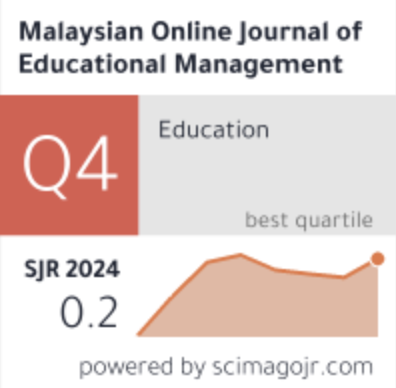INFLUENCE OF VALUES ON ETHICAL LEADERSHIP PRACTICES IN PAKISTANI UNIVERSITIES
Abstract
An ethical leader has strong personal values as well as work values. This qualitative study explores the personal and work values of university leaders and their influence on ethical leadership. Data were collected from seven university leaders from Balochistan, Pakistan exploring their perceptions about “personal valuesâ€, “work values†and “ethical leadershipâ€. The Self-Guided Core Values Assessment Sheet from the Center for Ethical Leadership was used to collect data for personal values. Data for work values and ethical leadership were collected using interview questions sent through email. Purposive sampling technique was used for data collection and thematic analysis was used for data analysis. The results indicate that happiness, authority and power were personal values most favored by the participants. Common themes on values practiced by university leaders as ethical leaders emerged as social-oriented values, departmental-focused values, and relational values from the interviews. The findings further indicate that personal values of leaders affect their work values, which ultimately influence ethical leadership practices. These findings have implications for policy making and implementation at the university level in Pakistan.









